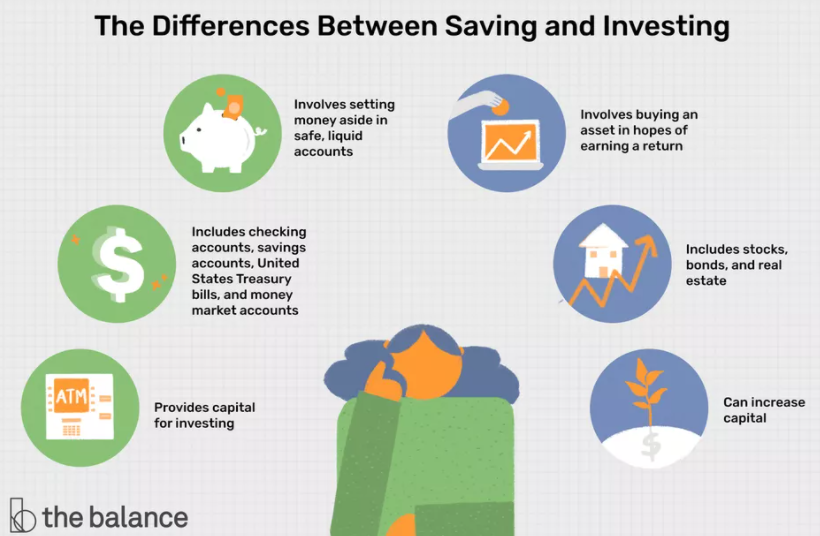Content
- Introduction
- Track Where Your Money Is Going
- Be Debt-Free
- Start Investing For Retirement Early
- Start saving early, start small
- Become a money master
- Set Financial Goals
- Focus on Investments
Introduction
Financial independence is a state of being that has been sought by many and achieved by few. The pursuit of wealth and the desire to be free from financial worries is not a new concept. People have been looking for ways to grow rich and attain financial freedom for a long time. We can't promise you'll be rich, but these tips will help you achieve your goal of financial independence.
Source: Financial Freedom
Watch How to Become Rich? | 7 Steps to become Rich:
A lot of people wish they were rich, but not many people do anything about it. The chances are that if you're reading this post, you're tired of wishing and ready to take action.
We will share seven simple steps that can significantly improve your financial situation. They won't make you a millionaire overnight, but they will guide you in the right direction.
More Articles to Explore
- Difference between NSDL and CDSL
- Lowest brokerage charges in India for online trading
- How to find your demat account number using PAN card
- What are bonus shares and how do they work?
- How to transfer shares from one demat account to another?
- What is BO ID?
- Open demat account without a PAN card - a complete guide
- What are DP charges?
- What is DP ID in a demat account
- How to transfer money from demat account to bank account
Disclaimer: Investment in securities market are subject to market risks, read all the related documents carefully before investing. For detailed disclaimer please Click here.




 Source: Financial Freedom
Source: Financial Freedom